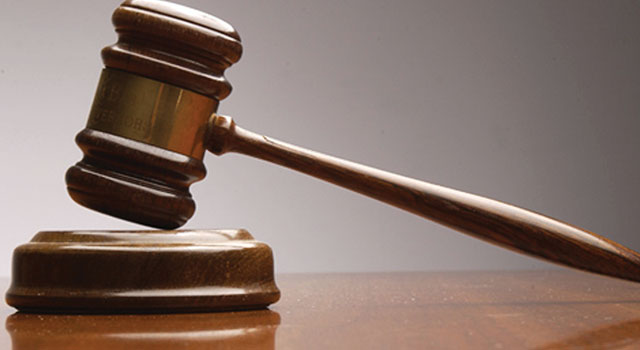- Attorney mislead Court
- Court frowns on Attorney’s false narrative by awarding punitive costs
- Attorney’s conduct borders on contempt
On February 16, 2018, High Court Judge M. T. Garekwe found that Attorney Thurai-Yaa B Mooketsi sought to mislead the court in an attempt to gain an unfair advantage over her former client. In delivering her judgement, Justice Garekwe found that Attorney Mooketsi of Ngitami Ngitami Law practice had commenced proceedings at the High Court to sue her former client for work that she had billed for but for which she had not been paid, while a dispute over the legal fees at the Magistrate Court remained pending.
According to the court proceedings Mooketsi was instructed by her former client, M Mosienyame to sue a certain Tebogo Muzhoba. After having obtained judgement in her client’s favour with the costs of the litigation. Mooketsi with her client appeared before the Clerk of Court to ascertain the amount due in legal fees against the defendant Muzhoba. By agreement the sum of P37 850 (thirty seven thousand eight hundred and fifty pula) was determined as being due to the Attorney who obtained a Writ of Execution to recover the legal costs.
Both the High Court and the Magistrate Court found that contrary to court procedures the Attorney then obtained a Writ of Execution against her own client in the agreed amount, without having sued the client for fees owing.
Alarmed by the Deputy Sherriff seeking to attach her property Mosienyame applied to the Magistrate Court to set the Writ of Execution against her aside. The Magistrate agreed to do so, and in the process held that it hoped that the conduct of Attorney Mooketsi was not a deliberate attempt to fabricate facts with a view to mislead the court. The Attorney appealed the decision of the Magistrate and also started new proceedings at the High Court for the recovery of her fees.
At the High Court, Mosienyame now represented by a new attorney argued that since Mooketsi had appealed the Magistrate’s findings, she could not launch fresh proceedings on the same set of facts that were already the subject of judicial proceedings. Hearing the arguments, Justice Garekwe agreed with Mosienyame and made damning findings against her erstwhile attorney.
Justice Garekwe confirmed the adverse findings by the Magistrate in respect of Attorney Mooketsi conduct. The Judge found that the Attorney’s “contention that the appeal has no bearing on this matter borders on a deliberate intent by the plaintiff (Thurai-Yaa B Mooketsi) to mislead the Court so as to prosecute the same issues before different courts and gain an unfair advantage over the defendant (Mosienyame).”
The Judge went on to find that Mooketsi as an Attorney is assumed to know the law as a practicing attorney and that “her insistence on the present claim whilst she has not withdrawn her appeal, borders on contempt as it lacks any reasonable excuse”.
In a show of its displeasure of the conduct of Attorney Mooketsi the High Court dismissed her claim against her former client and awarded costs against her on a punitive scale.
The litigations between Attorney Mooketsi and her former client raises a contentious issue in the legal fraternity. Suing a former client for outstanding fees, while legally permissible is generally frowned upon. The High Court and the Court of Appeal have on various occasions ruled that an Attorney is obliged to sue for the fees and can only obtain a Writ of Execution against a former client once the fees have been determined by established court procedure.
Legal experts caution that when a law firm that files a claim against a client they ought to anticipate that every aspect of their representation will be carefully scrutinized.
Former clients will often seek to reduce the amount of legal fees they owe by launching a counterclaim, normally for malpractice or breach of a duty of care, or even file an ethics complaint with the Law Society, for excessive fees, for acting despite a conflict of interest, or for failing to adequately inform the client of the risks and status of the representation.
The court or Law Society will then look at the lawyer’s work against a “gold standard” of client service, without taking into account the fact that client was not paying the lawyer’s bills in a timely fashion and whether they were a difficult client for other reasons.
As a result of the possible repercussions against lawyers suing for fees clients in turn may seek to take unfair advantage to substantially reduce the amounts they owe as the suit against a client involves significant risk for the firm.
As Garekwe J found in the proceedings launched by Thurai-Yaa B Mooketsi the unfair advantage sought was not by the former client but by the Attorney seeking to take advantage of their position as a lawyer to confuse the issues before the court.

